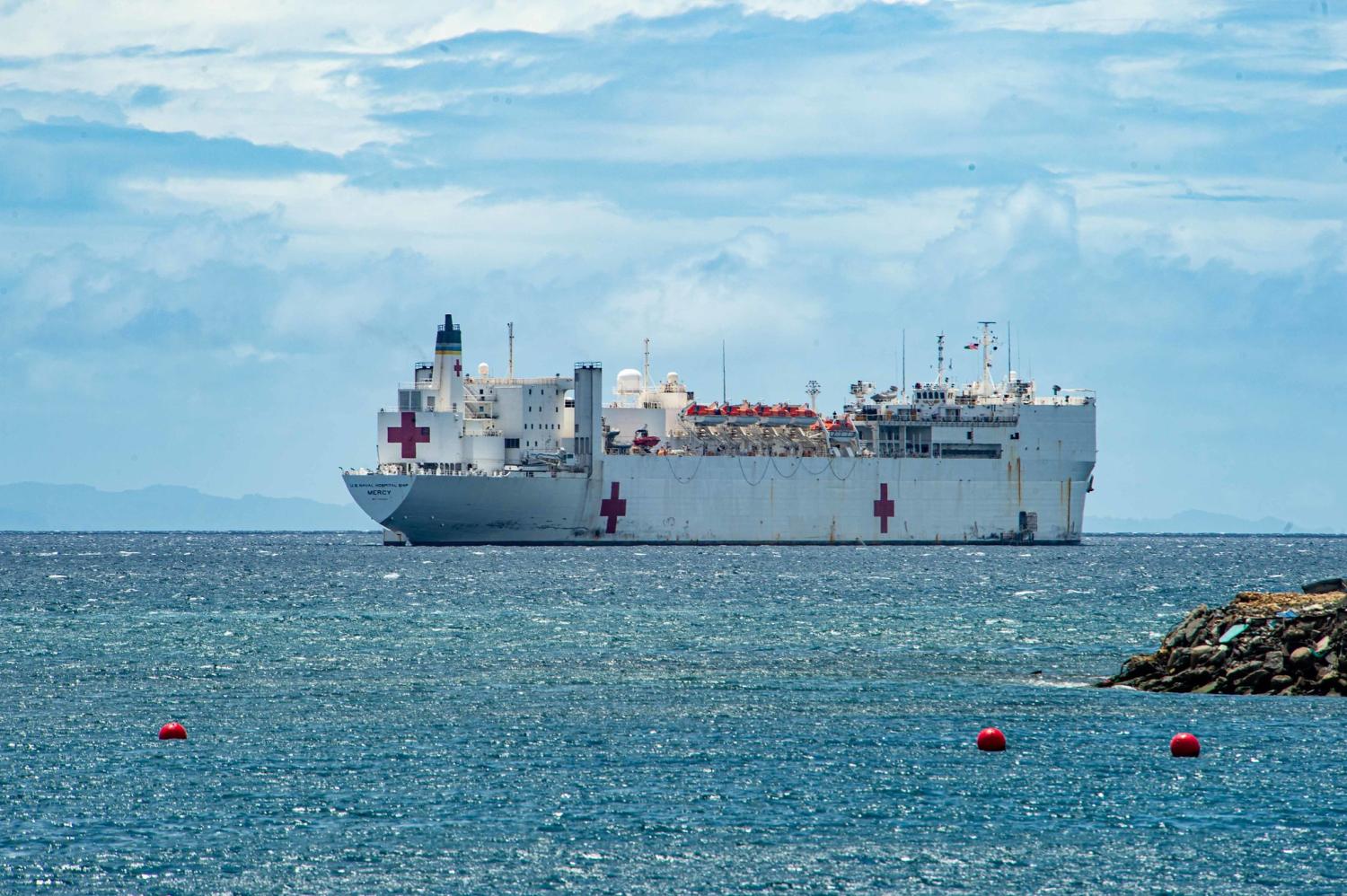Heard diplomats or analysts using a new turn of phrase only to wonder, “What does that mean?” Today we ask …
What is “Friends to all”?
At its core, “Friends to all” is a declaration of non-alignment by small Pacific Islands states. It’s a strategic choice to engage positively with all external powers and obtain the best development and security deals possible, irrespective of these powers' competing geopolitical interests.
This is especially significant given increasing competition between partners like Australia, the United States, New Zealand and France, and China, each vying for influence in the region. “Friends to all” is intended to allow Pacific countries to maintain autonomy, diversify their international relationships, and avoid being drawn into the rivalries of major powers.
It means securing aid, trade, and defence partnerships from multiple sources simultaneously. This approach ensures a wide base of international support, crucial for addressing Pacific development and security needs.
“Friends to all” isn’t a formally adopted policy that can be attributed to a specific date or individual, and is best thought of as strategic posture that Pacific countries adopt when it suits them and de-emphasise when other gains can be made. It emerged in the post-colonial era (for the Pacific, around the 1970s) and gained prominence as the Soviet Union and the United States competed for influence.
Vanuatu has historically been the most strident proponent of “Friends to all” and is also a member of the Non-Aligned Movement. Fiji, Papua New Guinea, Samoa, Tonga and others generally follow this policy while maintaining some exclusivity, particularly in security cooperation. The Compact States of Palau, Marshall Islands and Federated States of Micronesia have binding, exclusive arrangements with the United States, yet remain well disposed to “Friends to all”.
How does this work in practice?
At a summit in August 2023, Fiji Prime Minister Sitiveni Rabuka cautioned fellow Pacific leaders on great power competition, saying, “they are trying to polarise the Pacific into their own camps, so we have to be very certain that whatever we do, we are mindful of the collective need of the Pacific to be a zone of peace, a zone of non-aligned territories.”
In reality, Pacific countries are selective in how they partner with larger powers. Pacific islands’ police and defence forces work closely with traditional partners such as Australia, New Zealand, the United States and France because of colonial history, common values and institutions, and sometimes binding security agreements. By contrast, Pacific countries” relations with China have focused on resource exports and infrastructure investments.
What's changed in recent years is that China has sought to expand its Pacific relations into security cooperation – namely, policing and national security.
What are the limitations of “Friends to all”?
One debate is about the effectiveness and sustainability of such a non-aligned stance in a region experiencing intense superpower competition. Genuine partnerships require a certain level of selectivity and depth, which can be diluted if spread too thin across too many parties. Deep international cooperation often requires more exclusive commitments, particularly in the security domain.
The main weakness of this policy is the risk of inconsistency and the challenge of managing multiple complex relationships. Maintaining a balance without being drawn into larger countries' power struggles requires constant reassessment of priorities and partnerships.
Another point of contention is how this policy impacts regional unity. Since signing the security pact with Solomon Islands, China has rapidly escalated its policing activity in the country, seeking to challenge Australia’s decades-long training programs, and regional norms such as the “Pacific Family First” approach to regional security underpinned by the Pacific Islands Forum Biketawa Declaration.
Why is it a problem if Pacific countries engage in security cooperation with competing powers simultaneously?
The United States and China have opposing strategic goals, especially in the Indo-Pacific.
Rival superpowers are seeking to ensure exclusive access to key locations and critical infrastructure in the region – including among the vast ocean territories of Pacific countries that straddle important supply chains, contain valuable resources, and lie at the foot of the second island chain.
Accommodating both powers’ strategic equities can lead to conflicting interests and policies, making it hard to maintain a coherent and independent foreign policy.
Traditional security partners and China have distinct approaches to security cooperation, training, and equipment. There are stark incompatibilities in police and military operations, legal frameworks, and strategic priorities.
Intelligence-sharing is a common part of security relationships, and working with multiple partners simultaneously makes handling and protecting sensitive data challenging.
Non-alignment may preclude Pacific countries from access to vital national security support, particularly in law enforcement, maritime security, and disaster response.


